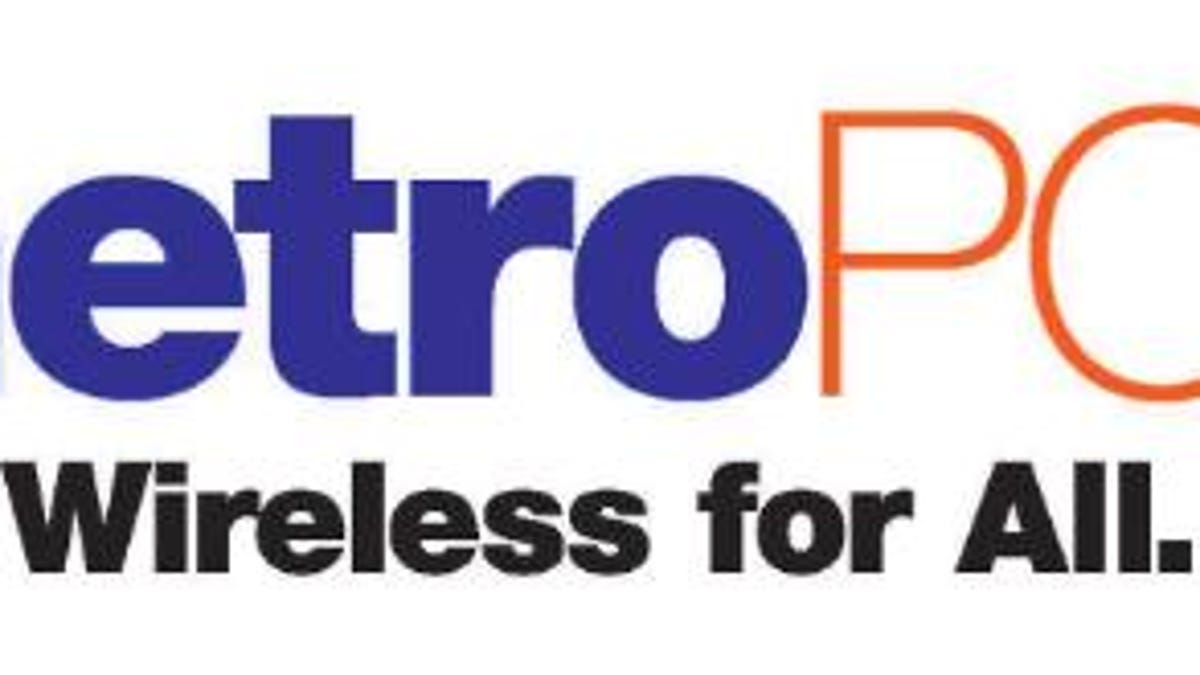MetroPCS to focus on Android, LTE
AT&T and T-Mobile's merger would put the nation's fifth largest carrier in the No. 4 position. We asked MetroPCS what that meant for it, and what its plans are going forward.

If the AT&T-T-Mobile merger gains approval, that de facto bumps MetroPCS, the nation's fifth largest carrier (8 million subscribers), into the No. 4 slot that T-Mobile currently holds (33 million subscribers).
I sat down at CTIA 2011 with Tony Lau, director of handset product management for MetroPCS to chat about the carrier's plans going forward.
LTE Android phones are top of mind for the carrier of prepaid, no-contract phones, which hopes to follow up the release of its
Although MetroPCS was the first U.S. carrier to launch its LTE network, speeds are definitely slower on it and on the Indulge than, say, on Verizon's new
Although market domination doesn't factor into the carrier's plans by a long shot (MetroPCS has no intention of entering the post-paid market currently led by Verizon), Lau did share his thought on the proposed AT&T and T-Mobile merger. "The merger puts us at No. 4, so fewer competitors for us isn't necessarily a bad thing," Lau told CNET. "It makes things interesting."

